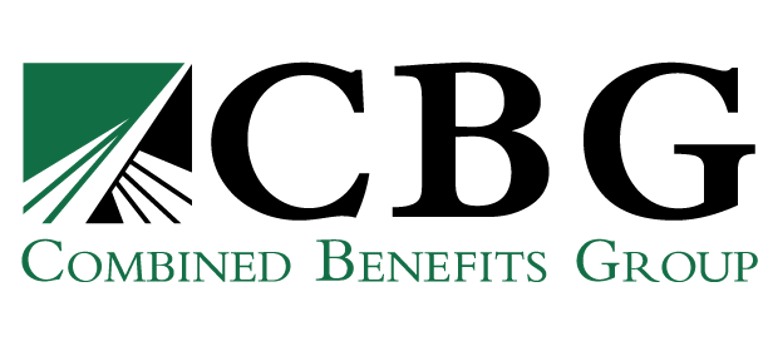Congress Enacts Laws Granting ACA Employer Reporting Relief
On December 10 and 11, Congress passed two bills, the Paperwork Reduction Act (HR 3797) and the Employer Reporting Improvement Act (HR 3801), intended to simplify employer’s Affordable Care Act (ACA) reporting requirements.
James K Crook
12/20/20242 min read


Congress has recently passed two bipartisan bills aimed at streamlining and modernizing employer reporting requirements under the Affordable Care Act (ACA). These legislative changes are expected to reduce administrative burdens for employers and enhance the efficiency of the reporting process.
Key Provisions of the New Legislation:
Alternative Furnishing of Forms 1095-C and 1095-B:
On-Request Provision: Employers and insurers are now required to furnish Forms 1095-C and 1095-B to individuals only upon request, rather than automatically distributing them to all covered individuals. This change is effective for statements applicable to the 2024 calendar year, meaning it applies to forms that would have been due by March 2, 2025.
Notice Requirement: Employers must provide a clear and conspicuous notice to individuals, informing them of their right to request these forms. Guidance on the specifics of this notice is forthcoming from the IRS.
Response Timeline: Upon receiving a request, employers must furnish the form by the later of January 31 or 30 days after the request. The forms may be provided electronically.
Electronic Delivery of Forms:
The new laws codify previous regulations that permit employers and insurers to deliver Forms 1095-C and 1095-B electronically, provided they obtain affirmative consent from the recipient. This amendment is effective for statements due in 2025 and beyond.
Use of Date of Birth in Lieu of Social Security Number:
For returns due after December 31, 2024, if an employer providing self-funded coverage does not have an individual's Social Security number, the IRS will accept the individual's full name and date of birth as a substitute.
Extended Response Period for IRS Penalty Notices:
Employers will now have 90 days to respond to IRS proposed penalty notices (commonly known as 226J letters) related to the employer mandate, an extension from the previous 30-day response period.
Statute of Limitations for Employer Mandate Penalties:
The legislation clarifies that a six-year statute of limitations applies for the IRS to assess penalties under the employer mandate. Previously, the IRS had indicated that no statute of limitations applied.
Implications for Employers:
Immediate Action: For the 2024 reporting year, employers can continue to distribute paper Forms 1095-C. However, to take advantage of the new on-request provision, they must ensure proper notice is given to individuals about their right to request the form.
Electronic Reporting: Employers should review their agreements with ACA reporting vendors to determine the feasibility of electronic delivery of forms and ensure compliance with consent requirements.
These legislative changes are anticipated to simplify ACA reporting processes and reduce administrative burdens for employers, while maintaining necessary compliance and ensuring individuals have access to their health coverage information upon request.
Benefit Administration made Simple!
Copyright © Combined Benefits Group 2024. All rights reserved. | Privacy Policy | User Agreement. | Send a Secure File
